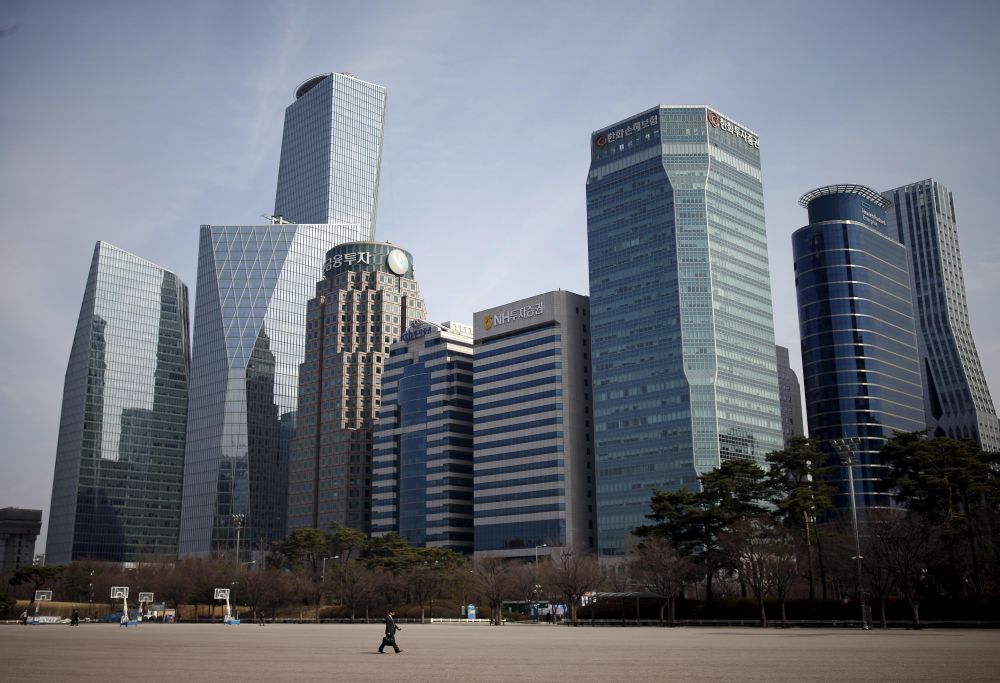South Korea, once known for the iconic “Gangnam Style” phenomenon, has transcended its local roots to become a prominent player in the global financial arena. This transformation is intricately woven with the dynamic narrative crafted by the country’s influential media industry. From K-dramas capturing international audiences to K-pop dominating global charts, South Korea’s media plays a vital role in shaping perceptions of its economic prowess. In this exploration, we delve into the symbiotic relationship between South Korea’s financial landscape and its media influence on the global stage.

Unveiling South Korea’s Financial Transformation. South Korea’s financial landscape has undergone a remarkable transformation in recent years, evolving from a primarily domestic focus to becoming a key player on the global stage. The shift is not only reflected in the country’s economic prowess but is also intricately tied to its vibrant media industry. The bustling district of Gangnam, once known for its affluent lifestyle and the iconic “Gangnam Style” pop culture phenomenon, now serves as a symbol of South Korea’s financial district. This transformation is underscored by a growing number of successful South Korean businesses expanding their reach beyond national borders. Media, in particular, has played a crucial role in this globalization, portraying South Korea as a dynamic hub of innovation and economic prowess.

The Media’s Impact on South Korea’s Financial Image. South Korea’s media has played a pivotal role in shaping the country’s financial image on the global stage. K-dramas and K-pop have not only captured the hearts of audiences worldwide but have also acted as powerful tools for soft diplomacy, influencing perceptions of South Korea’s economic strength. The global success of platforms like Netflix in streaming South Korean content has provided an unprecedented reach for these narratives. As viewers around the world immerse themselves in the glamour of high-flying South Korean characters and storylines, there’s an inadvertent association with the country’s economic prosperity. This positive portrayal has significantly contributed to the enhanced global perception of South Korea as a financial powerhouse.

Navigating Challenges and Future Prospects. Despite the positive impact of media in shaping South Korea’s financial narrative, challenges persist. The country faces ongoing geopolitical tensions, economic uncertainties, and the need to address structural issues within its financial system. As South Korea continues to navigate these challenges, its media will likely play an increasingly crucial role in shaping public perceptions and influencing global markets. The interconnected relationship between South Korea’s financial landscape and its media underscores the importance of a strategic and cohesive approach to managing the nation’s image. The future holds both challenges and opportunities, and South Korea’s ability to leverage its media influence will undoubtedly play a central role in determining its standing in the ever-evolving global financial landscape.

South Korea’s journey from Gangnam to global financial prominence is a testament to the power of media in shaping perceptions. As K-dramas and K-pop continue to captivate audiences worldwide, they serve as potent ambassadors for the nation’s economic strength. Navigating challenges and leveraging media influence, South Korea stands at the intersection of tradition and innovation, poised for a future where its financial landscape is not just local but resonates globally, echoing the beats of a global economic success story.

